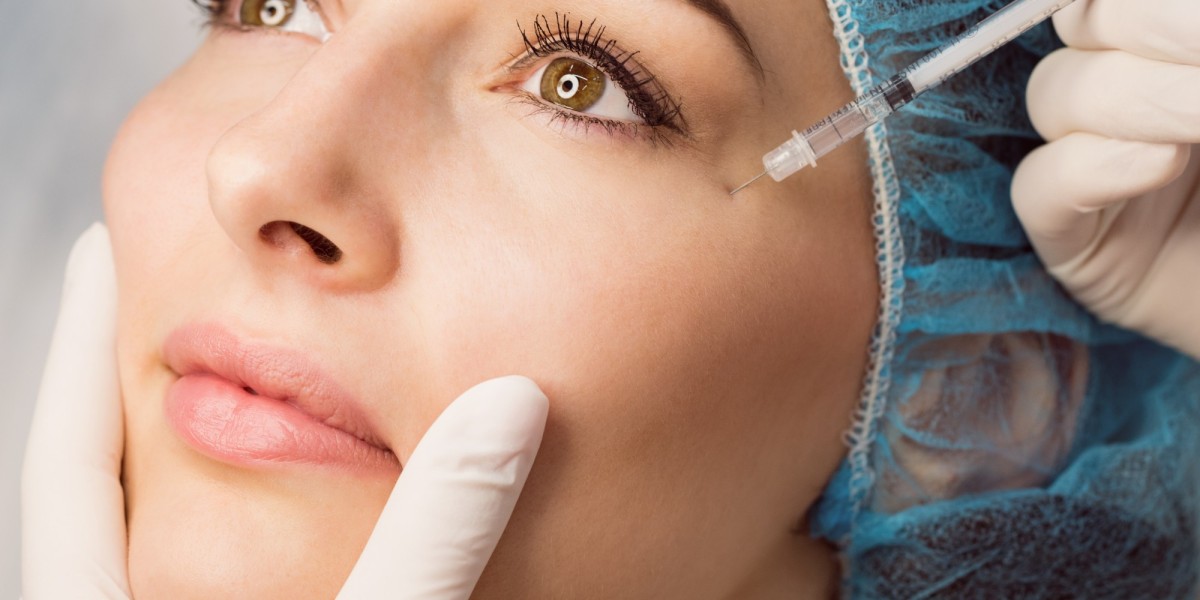Botox, widely known for its cosmetic use in reducing wrinkles and fine lines, is no stranger to the realm of beauty. However, emerging research has sparked interest in exploring Botox beyond its aesthetic applications. Could there be a connection between this popular neurotoxin and the prevention or development of cancer? In this blog, we dive into the intriguing landscape where cosmetic elegance meets the potential for unexpected health benefits.
Botox Basics:
Before delving into the potential impact on cancer, let's understand what Botox is. Botulinum toxin, the key ingredient in Botox, is produced by the bacterium Clostridium botulinum. When used in minute amounts, it serves as a muscle-paralyzing agent, temporarily reducing the appearance of wrinkles by inhibiting muscle contractions.
The Unlikely Link: Botox and Cancer Prevention:
Recent studies have raised eyebrows by suggesting that Botox might have implications beyond its cosmetic allure. The mechanism by which Botox operates – blocking nerve signals to muscles – has prompted researchers to explore its potential influence on cancer development. The theory posits that by reducing muscle contractions, Botox may create an environment less favorable for the initiation and progression of certain cancers.
Anti-Inflammatory Effects:
Inflammation is a well-known contributor to the development of various diseases, including cancer. Botox, with its ability to reduce inflammation at the injection site, has prompted researchers to investigate whether this localized anti-inflammatory effect could extend to broader systemic benefits. While the exact mechanisms are still under scrutiny, early findings suggest that Botox may influence inflammatory pathways that play a role in cancer development.
Clinical Studies and Findings:
The exploration of Botox's potential impact on cancer is still in its infancy, with limited clinical studies available. Preliminary research has shown promise in areas such as breast cancer, where the reduction of muscle contractions near the site of a tumor may influence the tumor microenvironment. However, it's crucial to note that these studies are in the early stages, and more extensive research is needed to establish concrete connections.
Considerations and Ethical Questions:
As the conversation around Botox and cancer prevention evolves, ethical considerations come to the forefront. The primary use of Botox remains cosmetic, and any potential health benefits should be approached with cautious optimism. Ethical dilemmas arise concerning the balance between cosmetic enhancements and broader health implications. Striking this balance involves transparent communication between healthcare providers and individuals seeking cosmetic procedures.
The Future of Botox: Implications and Possibilities:
While the link between Botox and cancer prevention is still speculative, the ongoing research opens doors to intriguing possibilities. As the scientific community delves deeper into understanding the complex interactions between Botox, inflammation, and cancer pathways, new avenues for therapeutic applications may emerge. The future holds the potential for Botox to transcend its cosmetic origins and become a player in preventive healthcare strategies.
Conclusion:
Botox, once synonymous solely with aesthetic enhancements, is now navigating uncharted territories in the realm of health and wellness. While the idea of Botox as a cancer preventative is still speculative, the ongoing research prompts a shift in perspective. As we explore the multifaceted potential of this cosmetic darling, it's essential to approach the topic with both curiosity and prudence. The intersection of beauty and health is a fascinating landscape where the pursuit of aesthetic elegance may unexpectedly contribute to broader health horizons.








